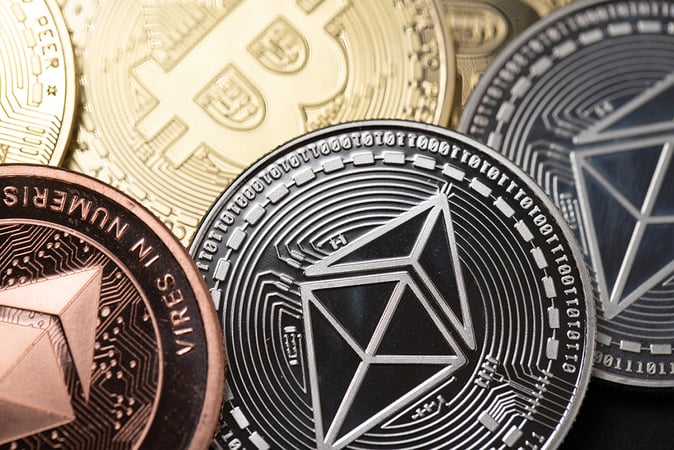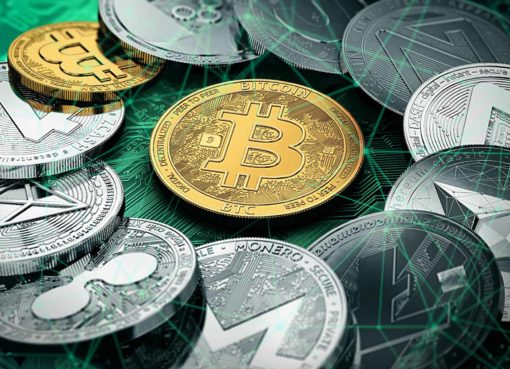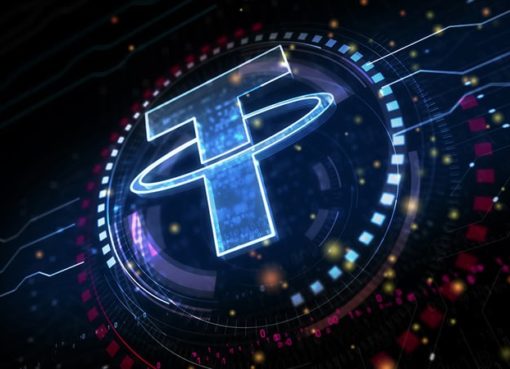As the NFT landscape continues to evolve, the integration of Ethereum and Bitcoin ecosystems through the BRC-721E standard paves the way for further innovation and expansion that can even attract more mainstream innovators into the Web 3.0 world.
The recent introduction of Bitcoin (BTC) Ordinals and the unveiling of the BRC-721E protocol is aimed at bridging the gap between Bitcoin and Ethereum (ETH), particularly in the field of Non-Fungible Tokens (NFTs). According to reports, the BRC-721E standard, jointly launched by the Ordinals market and the Bitcoin Miladys NFT collection, now serves as a crucial bridge between Ethereum NFTs and Ordinals.
Through the BRC-721E protocol, crypto traders will be permitted to move their Ethereum-based NFTs to the Bitcoin blockchain. Additionally, it will enable the translation of immutable and verifiable ERC-721 NFTs to the Ordinals format, allowing users to store and interact with NFTs on the Bitcoin network.
The conversion of ERC-721 NFTs to the Ordinals format is a huge step forward in integrating Ethereum-based NFTs with the Bitcoin network. Previously, these two blockchain ecosystems operated separately, limiting the opportunities for cross-chain NFT interactions.
However, with the release of Bitcoin Ordinals, users can now convert ERC-721 NFTs, which were formerly connected with Ethereum, into a format that can be stored and used on the Bitcoin network.
Notably, the migration process begins with burning ERC-721 NFTs on the Ethereum network. Burning an NFT means permanently removing the token from circulation. This process is accomplished by calling a specific function on the smart contract associated with the NFT. By burning the NFT, the user signals the intent to migrate the asset to the Bitcoin network.
Furthermore, to claim the burned ETH and add the NFT to the Bitcoin network, users must inscribe authentic BRC-721E data on the Bitcoin blockchain. This inscription process entails encoding the relevant information about the NFT onto Bitcoin Ordinals.
Remarkably, the BRC-721E standard defines a standardized interface for encoding and decoding this data, enabling compatibility across the Ethereum and Bitcoin ecosystems.
The Concept of Bitcoin Ordinals
BTC Ordinals, a novel concept developed by the Bitcoin community, allows for the direct embedding of data and instructions into the Bitcoin blockchain. This concept utilizes the Bitcoin scripting language to store metadata, making it possible to attach information to Bitcoin transactions beyond mere financial transactions.
As the NFT landscape continues to evolve, the integration of Ethereum and Bitcoin ecosystems through the BRC-721E standard paves the way for further innovation and expansion that can even attract more mainstream innovators into the Web 3.0 world.
By allowing users to store and interact with NFTs on the Bitcoin network, BTC Ordinals open up new avenues for improved security, wider market reach, cross-chain interoperability, and collaborative activities within the NFT ecosystem.
Notably, since its inception earlier this year, Bitcoin Ordinals has elicited a strong response from the crypto community. The demand for Bitcoin Ordinals has increased dramatically. According to a recent report, the total number of ordinal inscriptions on the blockchain has surpassed the 10 million mark.
Benjamin Godfrey is a blockchain enthusiast and journalists who relish writing about the real life applications of blockchain technology and innovations to drive general acceptance and worldwide integration of the emerging technology. His desires to educate people about cryptocurrencies inspires his contributions to renowned blockchain based media and sites. Benjamin Godfrey is a lover of sports and agriculture.




